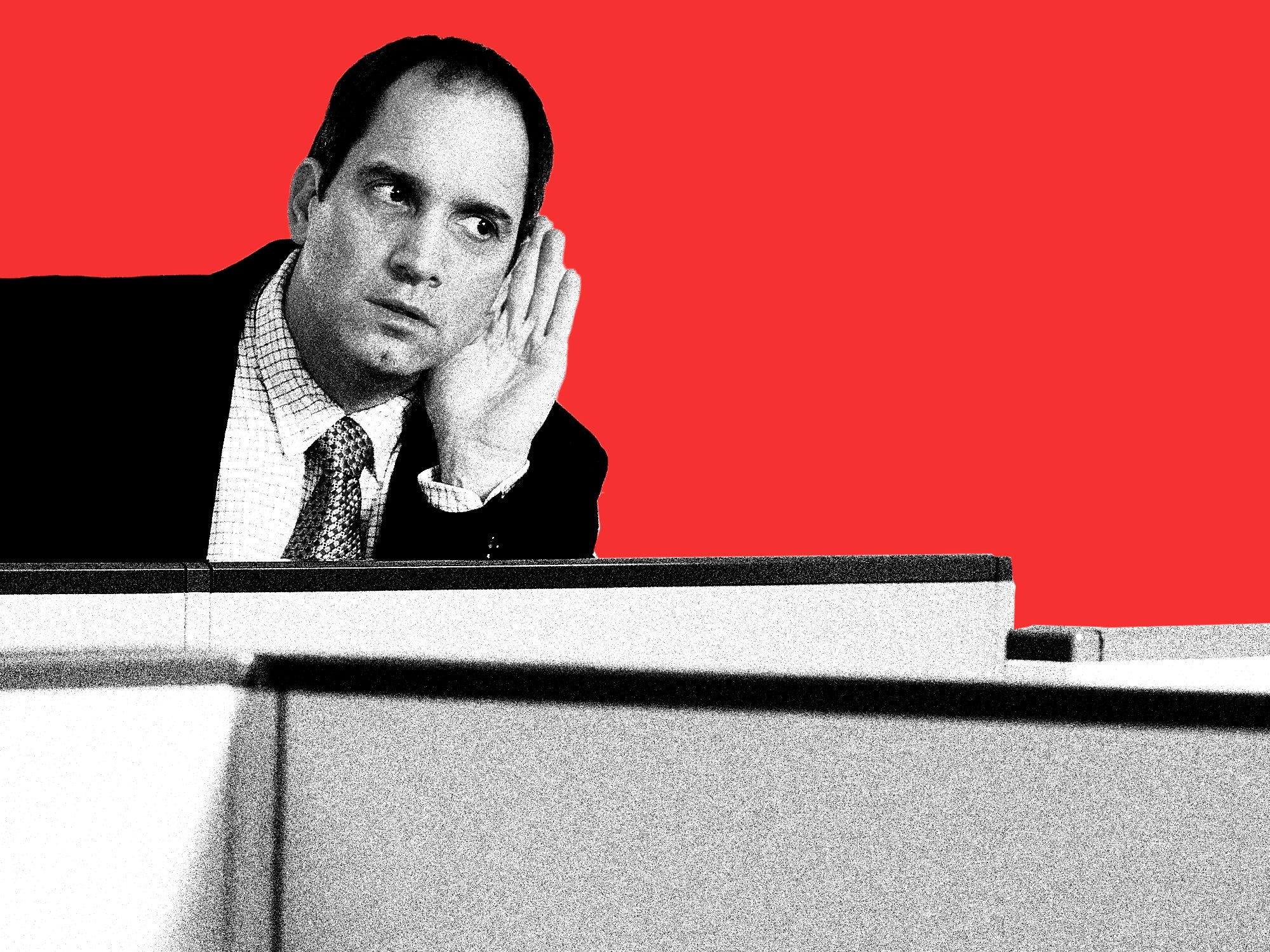The Rising Anxiety of Office Workers Amid Layoffs and AI Threats
In recent times, the spectre of layoffs and the encroachment of artificial intelligence (AI) into various job sectors have left many office workers feeling increasingly anxious about their job security. This growing paranoia is not only affecting individual employees but is also having a detrimental impact on workplace productivity.
Recommended reading: Unraveling the Secrets of Economic Policies: A Guide for Finance Enthusiasts
The Emotional Toll of Job Insecurity
Amber Smith, a 28-year-old IT professional, recently faced her second layoff within a year, which significantly heightened her anxiety levels. The stress of navigating everyday tasks became overwhelming, especially when unexpected phone calls from her manager or unscheduled company meetings popped up on her calendar. These occurrences, which once seemed routine, began to carry ominous implications in her mind.
The current climate in many workplaces reflects a shift in power dynamics, with corporate layoffs frequently making headlines. Although layoffs remain relatively low compared to historical averages, their presence looms large in the consciousness of employees. A combination of factors, including the rise of AI, increased pressure to return to the office, and a more intense work culture, has created an environment where anxiety flourishes. The reduction of middle management roles adds another layer of uncertainty, leading many to fear they could be next in line for cuts.
Understanding Paranoid Attribution
Experts like Michele Williams, a management and entrepreneurship professor, note that workers are increasingly interpreting everyday social interactions through a lens of paranoia. Simple actions, such as a manager not greeting an employee, can be misconstrued as a sign of impending layoffs rather than just a reflection of a busy day.
This phenomenon, termed “paranoid attribution,” leads employees to assign negative meanings to normal workplace occurrences. For example, a reduction in snack quality may be interpreted as an indication of financial struggles, while an increase in interns could raise questions about the stability of hiring budgets.
The Impact on Productivity
Such anxiety not only affects individual morale but can also hinder overall productivity. As workers become preoccupied with their fears of job loss, their focus shifts away from their tasks, leading to less engagement and diminished output. While the current unemployment rate remains relatively low, the competition for new job opportunities, especially in white-collar sectors, has intensified. Many employees find themselves in a precarious position, with promotions and advancements becoming less frequent.
For Smith, the constant worry about job security ultimately pushed her to leave the corporate world altogether. Now self-employed as a content creator and reseller, she expresses a newfound sense of relief. “I feel so much better because being self-employed, obviously, I’m not going to get laid off,” she shared.
Perspective Shifts After Layoffs
Monica Wiant, a 47-year-old copywriter, has also re-evaluated her relationship with work after experiencing two layoffs in quick succession. Her first layoff came unexpectedly on the day she was set to host a return-to-office celebration, despite having just received positive performance feedback. In hindsight, she recognised warning signs, such as budget cuts and increased demands on her department.
Wiant emphasises that many companies have lost sight of the importance of the employee experience, stating, “There’s no place that’s less motivating than a downsizing workplace. It’s really hard to go to work every day and to know that you may not have a future here, no matter how hard you work.”
Navigating a Changing Work Environment
Mark Freeman, who has spent over 25 years in supply chain technology, offers sage advice for those navigating the volatile job market: “As soon as they say, ‘don’t worry, no one’s going to get laid off,’ you should get your résumé out there and start looking.” He stresses the importance of agility and proactive job searching, as waiting until a layoff occurs can leave workers at a disadvantage.
As the dialogue around layoffs continues, experts point out that the focus on job security is detrimental to productivity, often causing employees to retreat into self-preservation mode. This can lead to a culture where knowledge becomes hoarded rather than shared, stifling collaboration and innovation.
Finding Balance in Uncertain Times
Despite the challenges, some experts argue that not all power has shifted away from workers. The lessons learned from the Great Resignation and pandemic-era work practices still resonate, with remote work options remaining stable for many.
Wiant, after enduring two layoffs, has developed a more introspective view of her career. She no longer feels the need to derive all her fulfilment from her job, recognising that purpose and intellectual challenges can come from various aspects of life outside of work.
Navigating a workplace culture marked by anxiety and uncertainty is no easy task. As employees grapple with their fears of layoffs and the impact of emerging technologies, it is crucial for both individuals and organisations to foster a supportive environment that prioritises communication and employee well-being.

